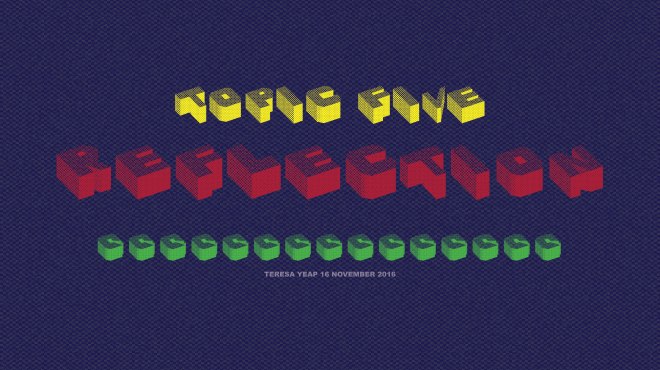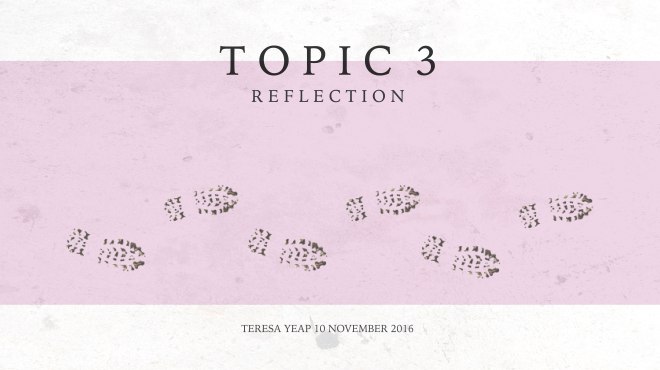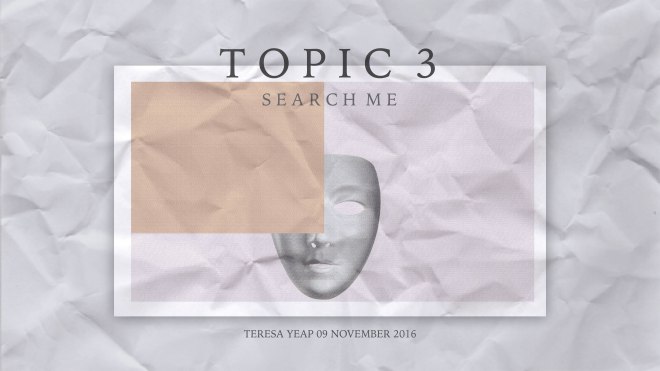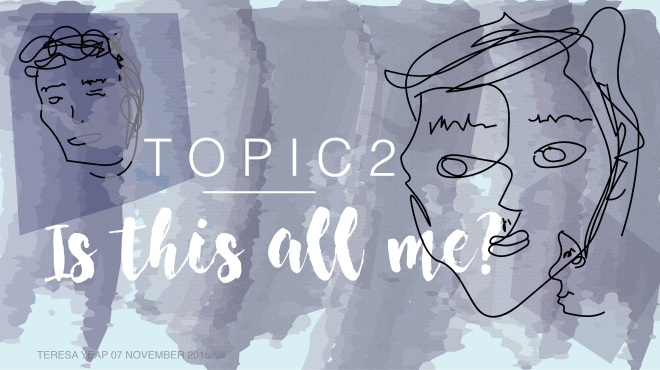
|Finale| Singapore X #MANG2049
I am definitely a proud receiver of this crazy but awesome module. Thank you for giving me your attention as I bring you through the progress I have made.
Take a look at this Flippingbook that shows the development of my online professional profile! (Click on the image below!)
In the image below, I have done a comparison of the difference in my online activities from the start to the end of the module.
Continue reading →









